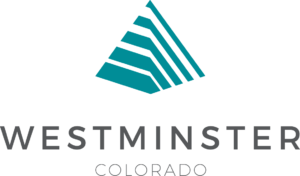The Energize Colorado Gap Fund plans to start taking applications in the first half of August, with the goal of trying to put financial assistance into the hands of small businesses overlooked in prior programs.
That includes female-owned, minority-owned, veteran-owned and rural-based businesses that are so small they have struggled to gain the attention of commercial banks or access federal lending programs.
“In those four communities, there was already a gap in their access to capital before COVID-19, and COVID-19 has only made that gap larger and more difficult to bridge,” said Kent Thiry, board chairman of the Gap Fund, and the former CEO of DaVita Inc.
The bulk of the money, about $20 million, will go out as grants of up to $15,000. Those funds come from federal CARES Act dollars that the state has reserved for business assistance. Energize Colorado has also raised more than $5 million from foundations and private donors, a pool that Thiry expects to grow in the days ahead.
“We have only just begun to raise private money,” Thiry said. “We are adding to that total every week.”
The private money will fund loans of up to $20,000 per borrower, which comes on top of any grants received. While the loans aren’t forgivable like the Paycheck Protection Program loans provided through the U.S. Small Business Administration, they carry favorable terms — an interest rate of 1% with repayment over six years.
“The return (for donors) is coming through the additional employment that will come from saving these businesses,” Thiry said. But there is also a hope that businesses that bounce back will repay the funds more quickly, allowing the money to go out to other borrowers.
By any measure, the Gap Fund is operating on a much smaller scale than the PPP.
Through June 30, the SBA had distributed $10.37 billion via 104,402 loans to Colorado nonprofits and small businesses.
Unlike the PPP, which had a cap of 500 or fewer employees, the Gap Fund is targeting businesses and nonprofits with up to 25 full-time employees, as well as sole proprietorships. Applicants must demonstrate a financial hardship because of COVID-19. If demand exceeds the supply of money, the community lenders working with the fund will distribute grants and loans based on where they expect the greatest community benefit.
A firm that was doing well before the crisis and that has the potential to add jobs going forward will be a more likely candidate for assistance than one that was already failing before the pandemic hit, Thiry said.
A date hasn’t been set yet for opening the application portal, but Thiry said he expects that will happen in the first two weeks of August. Those interested in participating should visit the fund’s website and sign up for the email list to receive updates.
